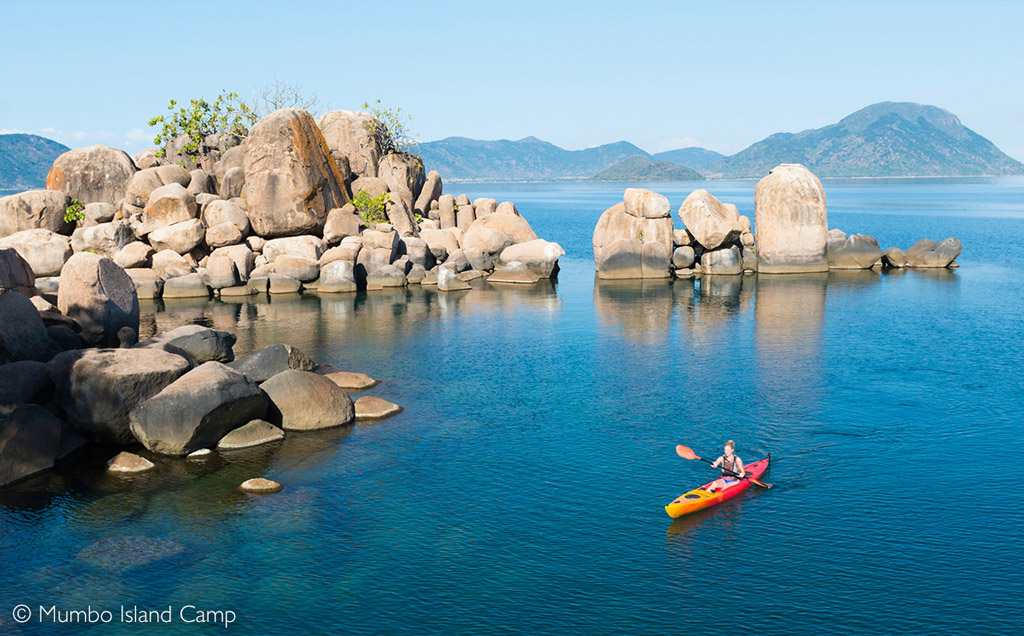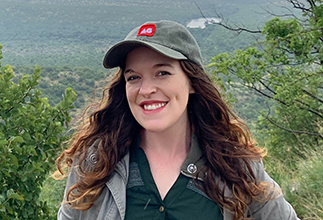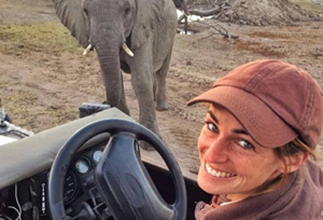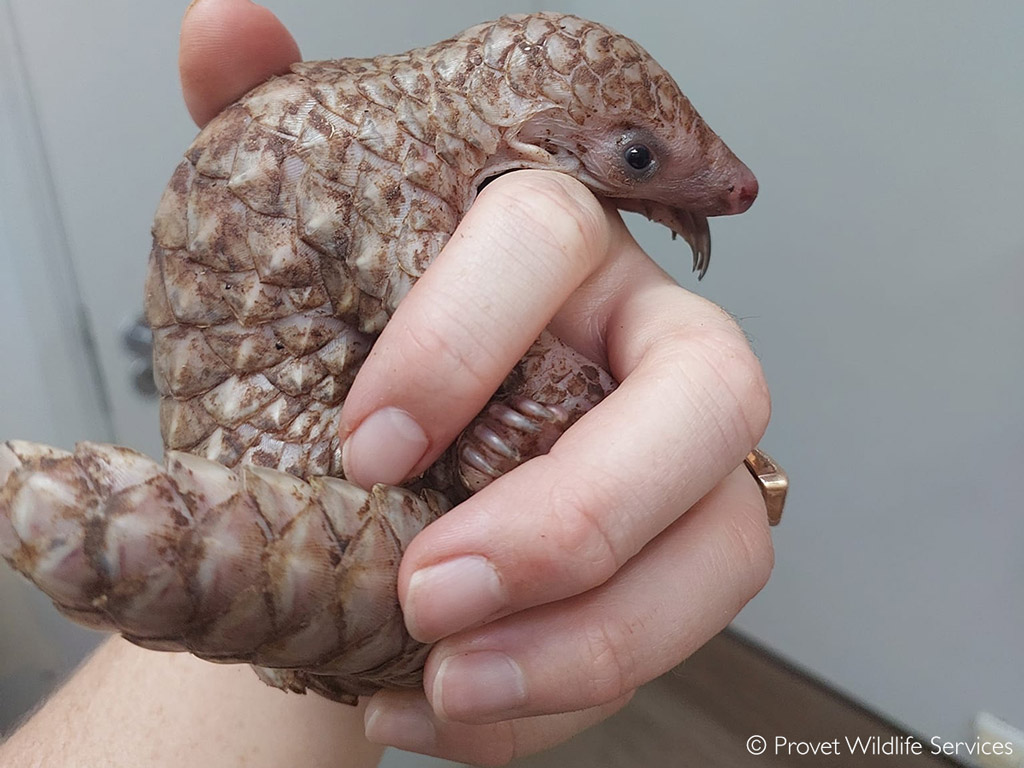
This is a copy of our weekly email newsletter. Subscribe here to receive the newsletter.
Best safari month + talking testes + elegant impala

There is a debate going on in our office about the best time to go on safari, and several of our safari experts swear October is the best month for an African adventure. With predators easy to spot at waterholes in southern Africa, fewer crowds at those Mara River wildebeest crossings and warm weather favouring relaxation on the beach, there are plenty of reasons to start planning an October safari now. Read why in our first post below.
And then, as common as mud yet far more captivating, impalas are a staple of any safari experience. Described by ecologist Dr Richard Estes as “the perfect antelope”, impalas are known for their resilience and athleticism. We still enjoy spending time observing herds of these doe-eyed mammals, and our second story below may have you seeing them in a new light.
Finally, the vets at Provet this week are treating one of their tiniest pangolins yet – a newborn pup whose mom clung to him with all her might to protect him from poachers. Read more about our Save a Pangolin campaign and find out how you can help below.
Happy celebrating Africa!

Taryn van Jaarsveld – Editor
Story 1
https://africageographic.com/travel/october-best-african-safari-month
OCTOBER SAFARI
Several of our safari experts view October as the best month for a safari in Africa
Story 2
https://africageographic.com/stories/impala/
ELEGANT IMPALA
Impalas are one of the most common yet remarkable antelope species. We celebrate these doe-eyed safari stalwarts
 TRAVEL DESK UPDATES:
TRAVEL DESK UPDATES:
Dreaming of an African safari? Check out our exceptional recommendations and let’s make your dreams a reality!
Desert & Delta – 11 days/10 nights – from US$5,295pps
This iconic safari is about water – or the lack thereof. This safari ranges from the majestic Victoria Falls to the watery wilderness of the Okavango Delta, from the predator-rich northern Botswana floodplains, to the remote Central Kalahari and desolate salt pans.
Special offer: Stay 4, pay 3 at Duba Plains Camp
Duba Plains Camp lies in the heart of the Okavango Delta in a matrix of palm-dotted islands, floodplains and woodland.
Book 4 nights and only pay for 3! Valid 1 November to 19 December 2023.

From our Scientific Editor – Jamie Paterson

Let’s talk (briefly) about testicles. In particular, their position in relation to the rest of the body. Those among you that are a) in possession of testicles and b) have ever suffered some kind of trauma to that general vicinity should be able to attest to the fact that their placement makes them vulnerable. And a cursory glance at a galloping buffalo bull should be sufficient to convince you that life could be worse.
Why would nature have designed things so? Thermoregulation, right? We were all taught that the testes hang outside the body to keep them cool for sperm production. But did you know that the reason for external testicles is actually contested in the study of evolutionary sciences? Because we don’t know what came first – cooler testicles or the requirement thereof. And there are plenty of exceptions to the rule. Elephants and rhinos have internal testicles without significant reproductive challenges and, perhaps more appealingly, without wandering around with an additional exposed appendage.
Temperature control aside, there are several competing theories to explain external testes, including a “training” hypothesis, a “galloping” hypothesis and, somewhat entertainingly, a “display” hypothesis. You can read more about the subject here.

PANGOLIN PUP!
Another pangolin pair has been saved by Provet Animal Hospital. A Temminck’s ground pangolin was recently confiscated from the illegal wildlife trade in the Northern Cape. On inspection, local vets discovered she was clutching and protecting her little newborn pup, still wrapped in afterbirth. In extreme trauma situations, pangolins often deliver pups early. She was found with a head wound inflicted by poachers who had attempted to pry her curled body open using a spade.
The pair were then airlifted to Provet for treatment and rehabilitation. Unfortunately, the mother had no milk to offer her pup. The little male had already lost 30g since his initial weigh-in and had extremely low blood sugar levels. Dr Debbie English and her team made the tough decision to separate the mother and pup to give them the best chance of survival.
The team is hopeful that the mother’s wound will heal quickly and she will be released back into the wild soon, while her pup has a very long road of recovery and rehabilitation ahead of him as he needs to be hand-reared. Please donate and lend your support to the hardworking teams who are dedicated to saving Africa’s pangolins.
PLEASE NOTE ALL PANGOLINS ARE HOUSED OFF-SITE AT A SECURE LOCATION FOR SECURITY PURPOSES
 WATCH: Go behind the scenes of one of the largest ever animal translocation projects in the world. Watch how African Parks and partners embarked on a project to reinvigorate the elephant population of Nkhotakota Wildlife Reserve (4:34). Click here to watch
WATCH: Go behind the scenes of one of the largest ever animal translocation projects in the world. Watch how African Parks and partners embarked on a project to reinvigorate the elephant population of Nkhotakota Wildlife Reserve (4:34). Click here to watch
To comment on this story: Login (or sign up) to our app here - it's a troll-free safe place 🙂.![]()






